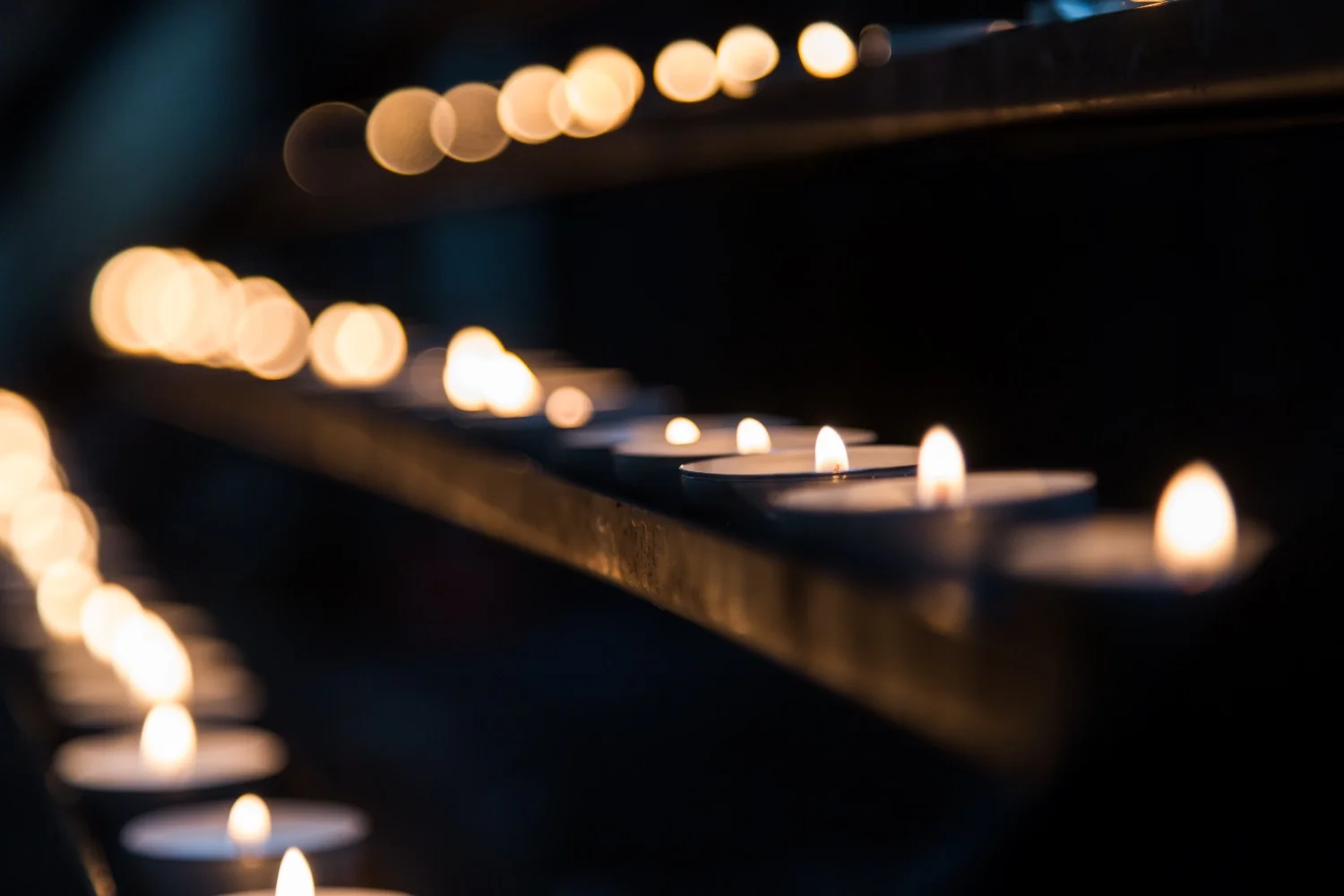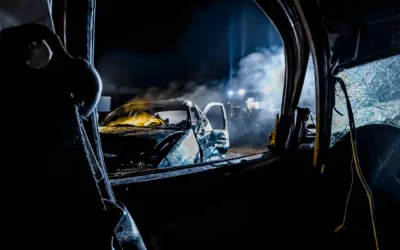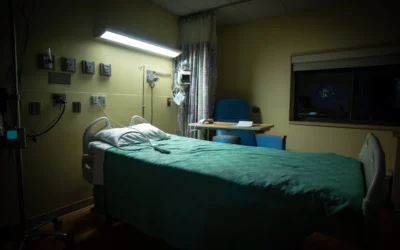Pediatric burn injuries can have devastating effects on children and their families, often causing physical pain, emotional trauma, and long-term consequences. Unlike adults, children have unique vulnerabilities and considerations when it comes to burn injuries, requiring specialized care and support. In this comprehensive blog post, we’ll explore the special considerations associated with pediatric burn injuries and provide valuable insights for families navigating this challenging journey.
Unique Vulnerabilities of children
Children are more susceptible to burn injuries than adults. This is due to their curious nature, lack of awareness about potential dangers, and developing motor skills. Young children may accidentally come into contact with hot objects, boiling liquids, electrical outlets, or open flames, leading to burns of varying degrees of severity. Additionally, infants and toddlers have thinner skin than adults. Therefore, they are more prone to sustaining deep tissue burns from relatively brief exposures to heat sources.
Burn Injuries: Specialized Medical Care
Treating pediatric burn injuries requires specialized medical expertise and a multidisciplinary approach. Pediatric burn units are equipped with healthcare professionals trained in pediatric burn care, including pediatric surgeons, nurses, physical therapists, and child life specialists. These professionals understand the unique physiological and emotional needs of children. They provide age-appropriate care and support throughout the treatment process.
Assessment and treatment of Burn Injuries
When a child sustains a burn injury, prompt assessment and treatment are essential to minimize complications and promote healing. Healthcare providers will evaluate the extent and severity of the burn, determine the appropriate course of treatment, and address any associated injuries or medical conditions. Treatment may include wound cleaning, debridement, dressings, pain management, and, in severe cases, surgical intervention such as skin grafting.
Emotional and Pyschological Support
Pediatric burn injuries can have profound emotional and psychological effects on children and their families. In addition to physical pain and discomfort, children may experience fear, anxiety, depression, and post-traumatic stress symptoms related to the traumatic event. It’s essential for healthcare providers to address the emotional needs of pediatric burn patients and their families. Counseling, psychosocial support, and resources for coping and resilience should be offered.
long-term rehabilitation and after care
The road to recovery from a pediatric burn injury may be long and challenging, requiring ongoing rehabilitation and follow-up care. Children may need physical therapy, occupational therapy, and scar management treatments to restore function, mobility, and appearance. Additionally, pediatric burn survivors may require psychological support and counseling to cope with long-term physical and emotional effects.
Prevention strategies of Burn Injuries
Preventing pediatric burn injuries requires proactive measures to create safe environments for children at home, school, and in the community. Parents and caregivers can take steps to childproof their homes, install safety devices such as smoke alarms and stove guards, and educate children about fire safety and burn prevention. Community-based initiatives and public awareness campaigns can also play a role in raising awareness and promoting burn injury prevention.
Call a Personal injury attorney today
Pediatric burn injuries present unique challenges for children and their families, requiring specialized medical care, emotional support, and preventive measures. By understanding the special considerations associated with pediatric burn injuries and implementing proactive strategies for prevention and treatment, we can help protect the health and well-being of our youngest and most vulnerable members of society. If your child has suffered a burn injury, seek prompt medical attention and reach out to healthcare professionals and support organizations for guidance and assistance. Remember, you’re not alone on this journey, and help is available to support you every step of the way. Shane Gosdis wants to fight for you, to schedule a consultation call (385) 429-9960 today.




